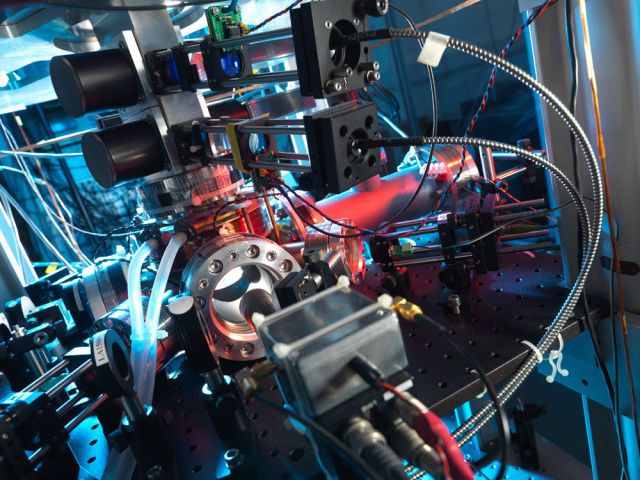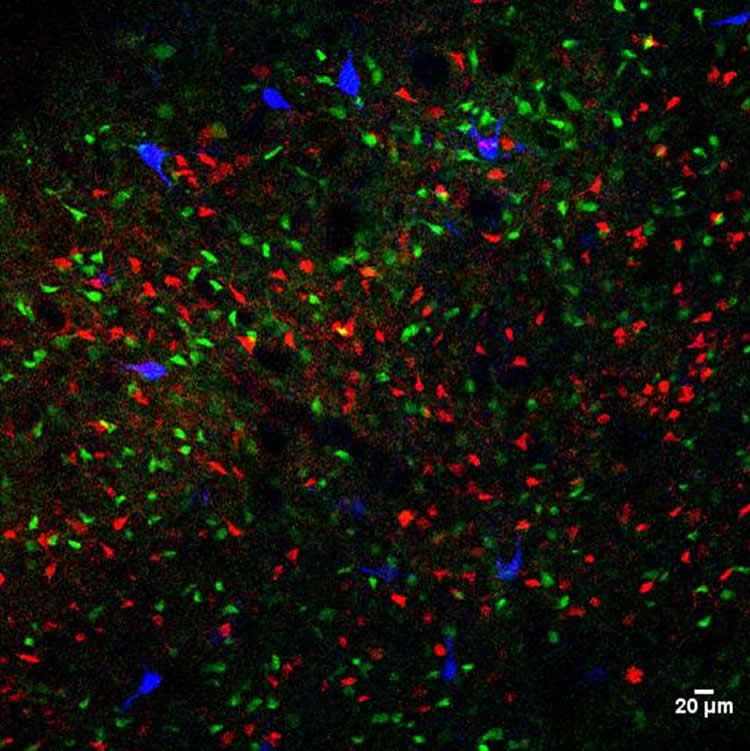Jul 16, 2016
China Might Float Nuclear Reactors in Disputed Waters
Posted by Karen Hurst in category: nuclear energy
China aims to launch a series of offshore nuclear power platforms to promote development in the South China Sea, state media said again on Friday, days after an international court ruled Beijing had no historic claims to most of the waters.
Sovereignty over the South China Sea is contested by China, the Philippines, Vietnam, Malaysia, Brunei and Taiwan, and any move to build nuclear reactors is bound to stoke further tension in the region.
The China Securities Journal said 20 offshore nuclear platforms could eventually be built in the region as the country seeks to “speed up the commercial development” of the South China Sea.
Continue reading “China Might Float Nuclear Reactors in Disputed Waters” »
















